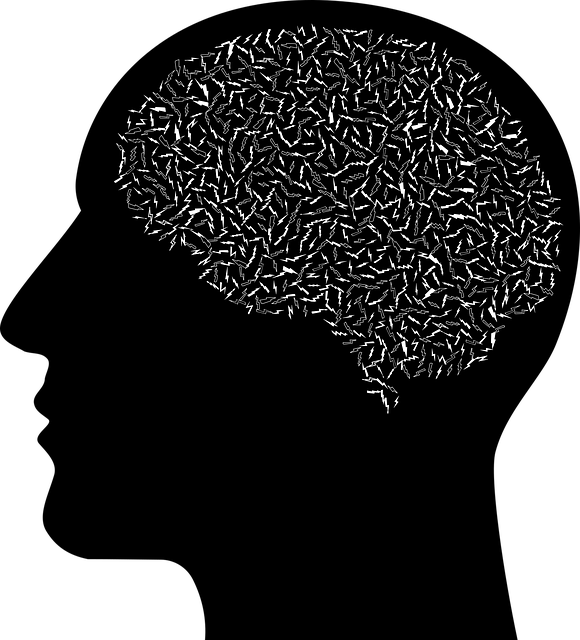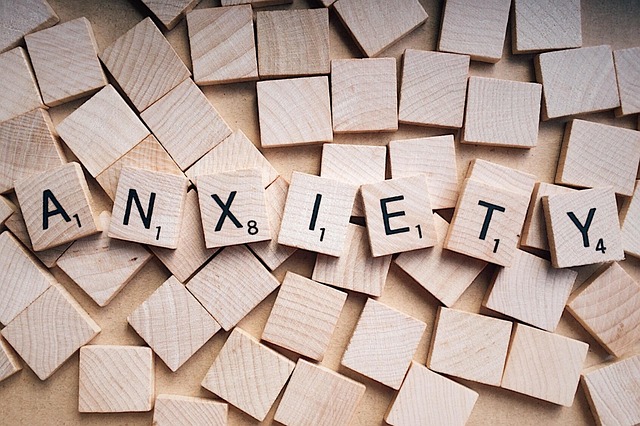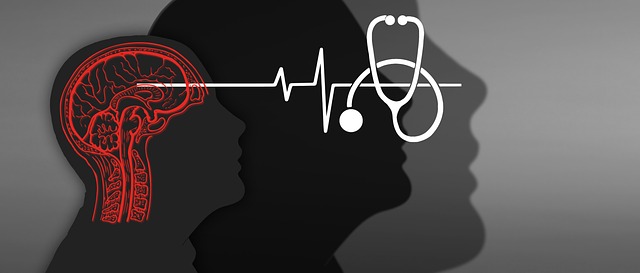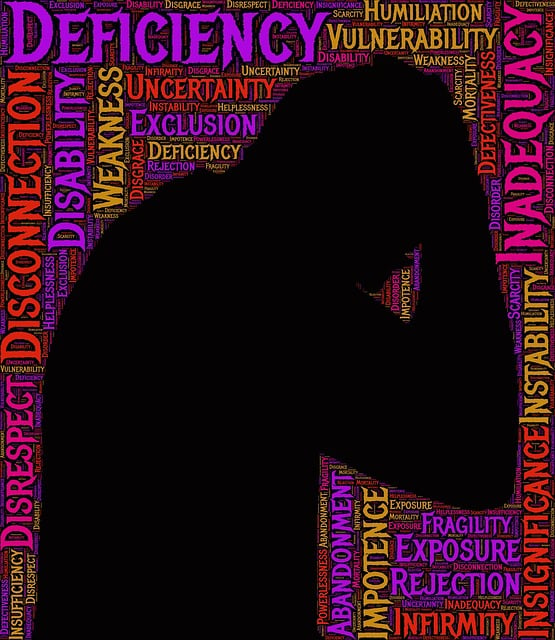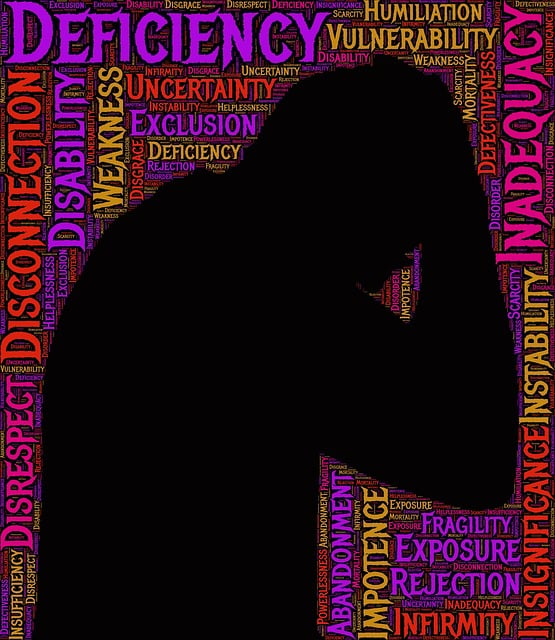Cultural competency is essential in healthcare, especially in diverse Boulder, where various ethnic and socioeconomic backgrounds require tailored therapy. Boulder Relationship Issues Therapy focuses on training healthcare professionals to build trust through understanding cultural differences, preventing burnout with self-care routines, and using interactive workshops. Their data-driven approach includes clear goals, feedback, and ongoing training to enhance emotional intelligence and navigate patient populations effectively, ensuring an inclusive environment for all.
Cultural competency in healthcare is no longer a nice-to-have, but an essential requirement. As diverse patient populations become the norm, healthcare providers must navigate complex cultural landscapes to offer quality care. This article explores why cultural competency training is crucial for healthcare professionals and provides practical strategies for designing effective programs. We discuss implementing and measuring change through continuous improvement strategies, emphasizing the importance of addressing Boulder Relationship Issues Therapy in a multicultural setting.
- Understanding Cultural Competency in Healthcare: Why It Matters
- Designing Effective Training Programs for Healthcare Providers
- Implementing and Measuring Change: Continuous Improvement Strategies
Understanding Cultural Competency in Healthcare: Why It Matters

Cultural competency is an essential aspect of healthcare that goes beyond treating symptoms. It involves understanding and respecting patients’ diverse cultural backgrounds, beliefs, and values, which can significantly impact their health and well-being. In today’s diverse society, where individuals from various ethnic, racial, and socioeconomic groups seek healthcare services, this awareness becomes crucial for building trust and fostering better patient-provider relationships.
For healthcare providers in Boulder Relationship Issues Therapy or any specialty, developing cultural competency skills is vital to preventing burnout. Self-awareness exercises and burnout prevention strategies can help professionals navigate complex interpersonal dynamics and challenging conversations with sensitivity. By recognizing their own biases and being attuned to patients’ unique needs, providers can deliver more personalized care, improve patient outcomes, and enhance job satisfaction, thereby reducing potential burnout risks.
Designing Effective Training Programs for Healthcare Providers

Effective training programs for healthcare providers should focus on creating a safe and inclusive learning environment that encourages open dialogue about cultural differences. In Boulder Relationship Issues Therapy, for instance, therapists need to understand the emotional nuances and coping mechanisms unique to their clients’ backgrounds. Incorporating interactive workshops, role-playing scenarios, and diverse case studies can help providers develop emotional regulation skills, fostering better patient-provider relationships.
These training programs should also prioritize self-care routine development for better mental health. By promoting healthy habits like mindfulness exercises and stress management techniques, healthcare providers can prevent burnout and depression. In the fast-paced and emotionally demanding field of healthcare, equipping professionals with tools to maintain their own well-being is crucial for providing sustained high-quality care.
Implementing and Measuring Change: Continuous Improvement Strategies

Implementing and measuring change is a crucial aspect of any successful Healthcare Provider Cultural Competency Training program. It involves setting clear, measurable goals aligned with enhancing emotional intelligence and addressing potential Boulder Relationship Issues Therapy challenges. By integrating mental health education programs design that emphasizes cultural sensitivity, providers can navigate diverse patient populations more effectively.
Continuous improvement strategies should include regular feedback mechanisms, peer support groups, and ongoing training sessions. Measuring the impact of these initiatives can be achieved through patient satisfaction surveys, clinical outcomes assessment, and tracking the frequency and resolution of relationship issues that arise in therapy settings. This data-driven approach ensures that Emotional Intelligence remains a cornerstone of care delivery, fostering an inclusive environment for all patients.
Cultural competency training is a vital tool for healthcare providers to enhance patient care and bridge the gap between diverse communities. By understanding and addressing unmet needs, as highlighted in this article, providers can create more inclusive environments. The strategies outlined, including tailored training programs and continuous improvement initiatives, are essential steps towards achieving equitable healthcare outcomes. Just as Boulder Relationship Issues Therapy focuses on individual growth, cultural competency training empowers healthcare professionals to foster better relationships and address complex societal challenges within their practice.

